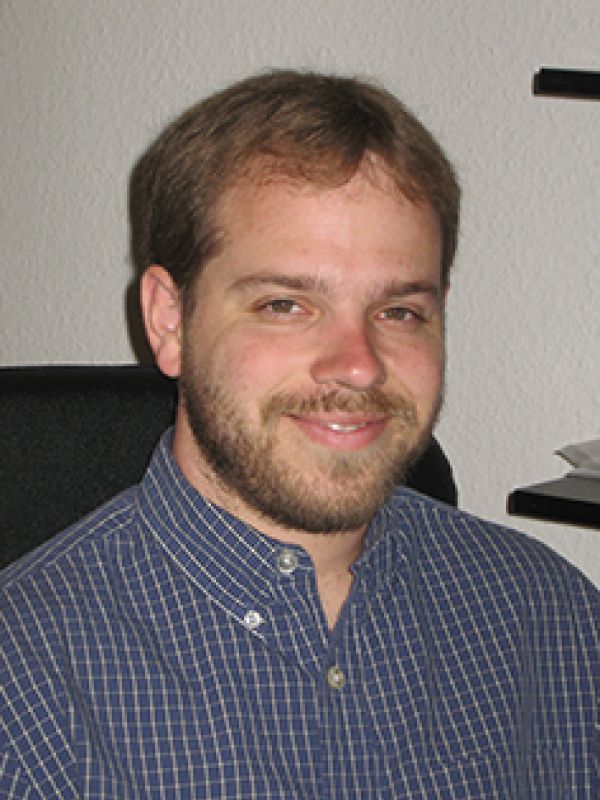
Anthony Dutoi
PhD, University of California, Berkeley, 2006
BS, Saint Louis University, 1999
I like to emphasize the nature of critical thinking in the sciences. Too often, especially in high school, science courses are looked at as a place to gather only technical skills, a grab-bag of tricks for patterned problems. This is a useless overall point of view, even if it is a necessary starting point.
I know well that my students will not go out into the world and solve equilibrium problems all day. What I can teach them that is of long-term value are the conceptual underpinnings of chemistry, and, more generally, how to critically assess not only problems, but theories.
My exams demand deep understanding to get all the points (whereas technical proficiency will net most of the points). In lecture, I go through great lengths to emphasize how to think about things in a way that makes them most intuitive rather than simply formulaic.
I also spend quite some time on the process by which we have developed our modern understanding. This is in order to garner appreciation for our past human achievements, and also to foster skepticism, to the extent that science is unfinished.
Much about our understanding will stay the same, but some things will change. Students need to have some idea what it really means for science to evolve because it will happen in their lifetime.
Our research group is interested in all manner of difficult electronic structure problems (a sub-field of molecular quantum mechanics), especially those dealing with the correlated motions of electrons.
Projects include developing efficient, high-accuracy wavefunction-based methods for large systems, studying the x-ray spectroscopy of solids (static) and isolated molecules (time-resolved), investigating the fundamentals of correlated electronic dynamics, and resolving nuclear dynamics using high-quality electronic structure methods.
All of these projects should culminate in better understanding of chemical reactions, including energy and electron transfer, particularly in the condensed phase and at interfaces.


